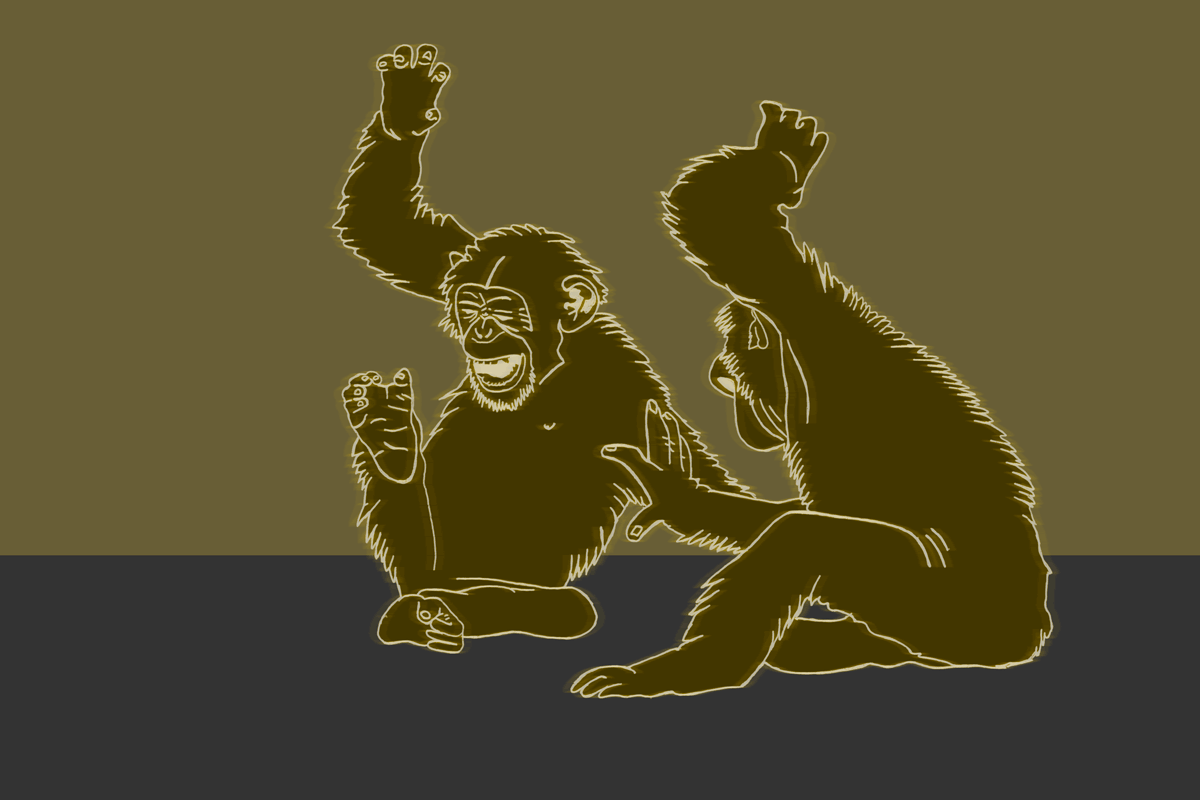
Vor einigen Tagen ging ein Mann in Lübeck durch die Fußgängerzone und lachte unvermittelt auf.
Wie absurd!
All die Läden. Überall Dinge, die darauf warten, dass man sie braucht. Überall Häuser mit Schaufenstern in denen Dinge ausgestellt sind, die warten, dass jemand kommt, der sie will. Und all die Menschen, die damit beschäftigt sind, die Dinge zu drapieren und in hübsches Licht zu setzen – und die gemeinsam mit den Dingen darauf warten, dass jemand kommt, der sie braucht.
Hinter den Geschäften Lagerräume in denen noch mehr Dinge warten und hinter den Lagerräumen Lagerhallen, Lagerhallen der Großhändler, Lagerhallen der Spediteure, Lagerhallen der Fabriken; überall Menschen, die damit beschäftigt sind, Dinge zu verwalten, die darauf warten, gebraucht zu werden.
Anstatt es andersherum zu machen. Es damit anfangen zu lassen, dass jemand etwas braucht. Dass ein Mensch sich bewusst wird, etwas zu brauchen, zum Beispiel eine Jacke oder einen Computer und dann erst die Jacke oder der Computer herzustellen und durch die Gegend zu tragen. Man bräuchte all die blödsinnigen Häuser nicht, in denen Zeug unsinnig herumsteht und wartet.
Und die Menschen, die ihre Zeit damit verbringen die Waren in schönes Licht zu rücken, sie könnten ihre Aufmerksamkeit aufs Leben zu richten, statt auf tote Dinge.
Menschen, die ihre Aufmerksamkeit aufs Leben richten, wären aus sich heraus in der Lage zu wissen, was sie brauchen. Doch da die allermeisten Menschen nicht wissen, was sie brauchen, muss ihnen ständig irgend ein Ding vor die Nase gehalten werden:
“Haben wollen?”
Es kostet Energie permanent Leute zu verführen, Dinge zu kaufen. Man muss die Dinge ständig in schönem Licht darstellen und anpreisen. Sonst verstopfen die Dinge Lagerhallen, Lagerräume und Geschäftsauslagen. “Alles muss raus!” steht in großen Buchstaben auf Plakaten, weil Platz geschaffen werden muss für noch mehr Dinge, die darauf warten, dass jemand kommt, der sie braucht.
Der Mann lachte kurz und ging weiter.





